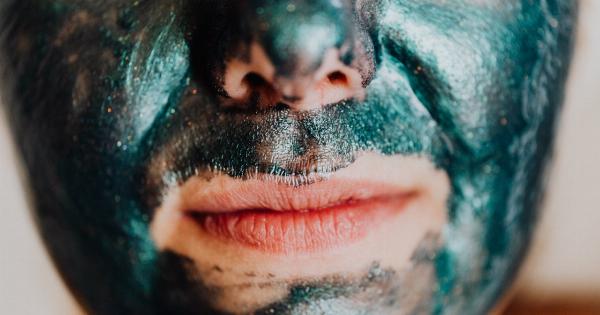Sleep is essential to our overall health. It helps our bodies and minds function properly, allowing us to stay energized and focused throughout the day. However, lack of sleep can have adverse effects on our skin, as well as our overall health.
In this article, we will explore how lack of sleep affects your skin, and what you can do to combat these effects.
Dark Circles Under Your Eyes
One of the most noticeable effects of lack of sleep on your skin is the appearance of dark circles under your eyes. Lack of sleep can cause blood vessels to dilate, which can cause dark circles to form.
Additionally, lack of sleep can also cause fluid to accumulate under your eyes, which can exacerbate the appearance of dark circles. To combat this effect, try to get 7-8 hours of sleep a night.
Premature Aging
Lack of sleep can also lead to premature aging of the skin. When we are asleep, our bodies produce collagen, which helps keep our skin firm and elastic.
However, lack of sleep can lead to a decrease in collagen production, which can cause our skin to sag and wrinkle prematurely. Additionally, lack of sleep can cause our skin to become dehydrated, which can also contribute to the appearance of fine lines and wrinkles.
To combat this effect, try to establish a consistent sleep schedule, and drink plenty of water throughout the day.
Increased Inflammation
Another effect of lack of sleep on your skin is increased inflammation. Inflammation can lead to a number of skin problems, including acne, rosacea, and psoriasis.
Additionally, lack of sleep can cause a decrease in circulation, which can make inflammation worse. To combat this effect, try to get enough sleep and exercise regularly.
Decreased Immunity
Lack of sleep can also lead to a decreased immunity, which can make our skin more susceptible to infection. When we are asleep, our bodies produce cytokines, which help fight off infection and inflammation.
However, lack of sleep can cause a decrease in cytokine production, which can make our skin more vulnerable to infection. To combat this effect, try to establish a consistent sleep schedule, and avoid things that can disrupt your sleep, such as caffeine and alcohol.
Dull Skin
One of the less noticeable effects of lack of sleep on your skin is the appearance of dull, lifeless skin. Lack of sleep can cause the skin to become dehydrated and to lose its natural glow.
Additionally, lack of sleep can cause a decrease in circulation, which can make the skin appear dull. To combat this effect, try to get enough sleep and drink plenty of water throughout the day.
Increased Stress
Lack of sleep can also lead to increased stress, which can have adverse effects on the skin. When we are stressed, the body produces cortisol, which can lead to breakouts, wrinkles, and other skin problems.
Additionally, stress can cause the skin to become dehydrated, which can exacerbate the appearance of fine lines and wrinkles. To combat this effect, try to establish a consistent sleep schedule, and practice stress-reducing techniques, such as meditation and deep breathing exercises.
Increased Susceptibility to UV Damage
Lack of sleep can also make the skin more susceptible to UV damage. When we do not get enough sleep, our bodies produce less melanin, which helps protect the skin from UV damage.
Additionally, lack of sleep can cause the skin to become dehydrated, which can make it more vulnerable to sun damage. To combat this effect, try to get enough sleep, and wear sunscreen or other protective clothing when spending time in the sun.
Conclusion
Lack of sleep can have many adverse effects on our skin, from dark circles under our eyes, to premature aging, to increased inflammation and susceptibility to infection.
To combat these effects, it is important to establish a consistent sleep schedule, drink plenty of water, exercise regularly, and practice stress-reducing techniques. By taking care of our bodies and getting enough sleep, we can help protect our skin and maintain a healthy, youthful appearance.































